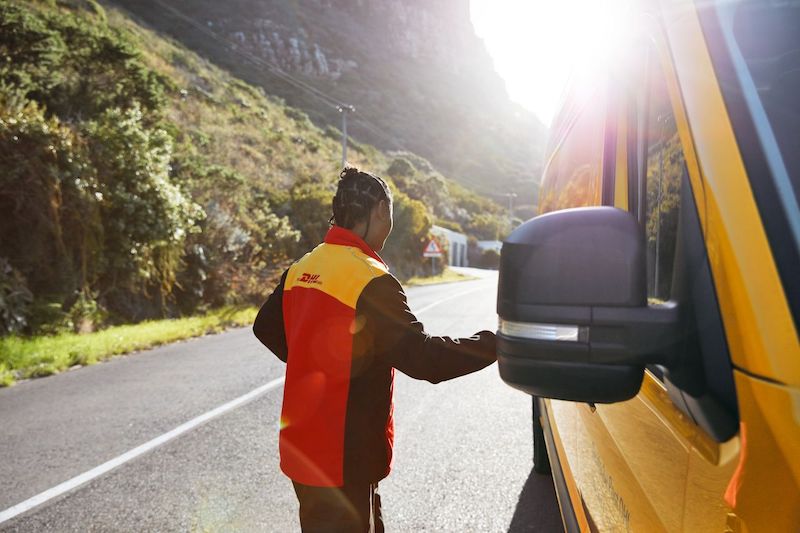Grow your business with the Discover newsletter
Logistics advice & insights straight to your inbox
Subscribe now
As awareness about the future of our planet increases, people are shifting to sustainable and more environment-friendly options when it comes to transport. After all, gasoline-driven cars, powered by fossil fuels, are wrecking the global climate through carbon emissions, making our Earth inhabitable.
Electric vehicles (EVs) are playing a revolutionary part in reducing these carbon emissions and promising a greener and sustainable future. But are electric cars really better for the environment? Read on further to find out how EVs work and how they are contributing to sustainable logistics.
Electric cars seem to be the solution to the problem of the world burning excessive amounts of fossil fuels and resultant high levels of carbon emissions. However, some people may be sceptical about whether EVs are really better for the environment or not?
Although electric cars reduce carbon dioxide emissions by a great percentage compared to gasoline-powered vehicles, they are powered by electricity coming off the electric grid, which are in turn, powered by fossil fuels. That may seem to put things right where they started: fossil fuel consumption saved by using EVs will be used by the electric grids supplying electricity for the electric cars. However, this is not the case.
According to research by the Massachusetts Institute of Technology Energy Initiative, although higher carbon dioxide is emitted in producing sustainable cars’ batteries, they are still offset by the vehicle's superior energy efficiency in the long run.
Another study conducted suggests that an EV is much better for the environment than a gasoline-run car in the long run. Let’s be honest, EVs are the future if we want to save the Earth and leave a greener and sustainable planet for the next generations.
There are many benefits of electric vehicles, some of which are discussed below:
They are better for the environment as they are recharged through renewable energy sources and emit much less greenhouse gas emissions, resulting in less pollution and healthier air quality.
They are cheaper to run than the vehicles that run on petrol or diesel. If they are recharged through a Solar PV system, the cost is further lowered.
They are cheaper to maintain as they have less moving parts than a conventional car and require less servicing.
They offer better driving experiences.
They also produce less noise pollution than conventional cars.



Electric vehicles emit significantly less pollution over their lifetime than traditional automobiles overall. In nations where coal is used to generate electricity, the effects of electric cars are minor, and they can have lifetime emissions comparable to most diesel engines, such as hybrid vehicles. Switching from diesel to electric cars will allow Singapore to leverage the value of switching to renewable energy.
In Singapore, DHL Express hopes to achieve its sustainability goals by partnering with electric vehicle distributors such as Cycle & Carriage to introduce electric vehicles to its delivery fleet.
In 2022, it introduced 80 new EVs to its commercial EV fleet. Through this expanded fleet, it aims to electrify 30% of its daily routes and eliminate 323 tonnes of carbon dioxide emissions within a year. DHL Express Singapore is the first logistics provider in Singapore to transition to a commercial fleet of this scale.
By 2030, approximately EUR7 billion will be invested in the climate-neutral logistics solutions (Opex and Capex). The costs incurred till 2023 have already been factored into the investment plan. The Group is accelerating the electrification of its vehicles for short routes and the last mile.
It not only strives to make supply chains fully environment-friendly, but also assists customers to achieve their cleaner environment goals through its innovative green logistics solutions. It does this through its climate neutral logistics solution, ‘GoGreen Solutions’.
DHL Express is whole-heartedly committed to striving for a sustainable future through the concept of electric vehicles sustainability. Start your journey of becoming a socially responsible, sustainable company by partnering with us now.